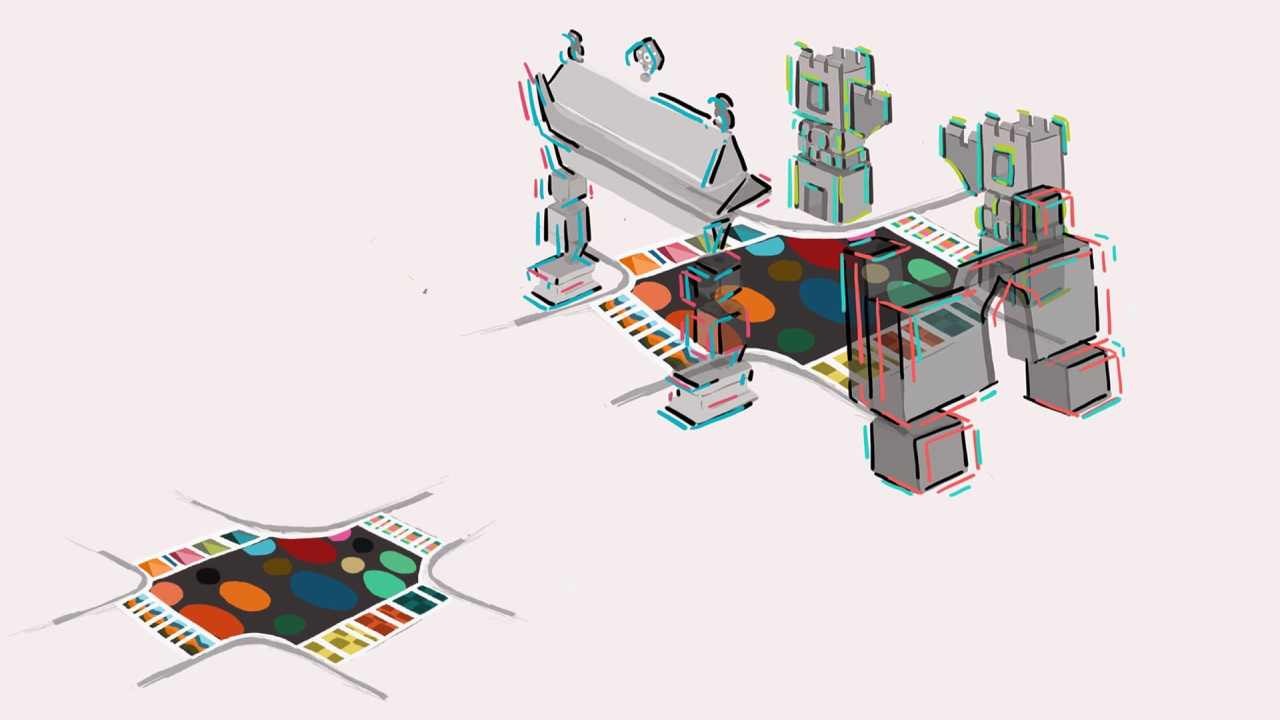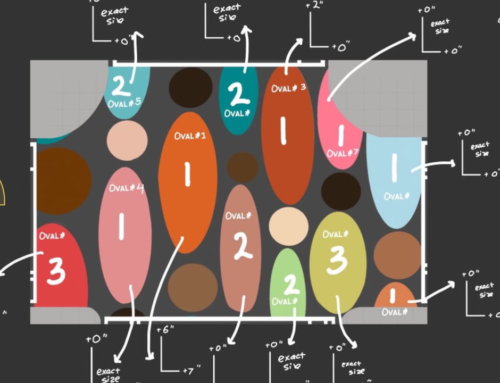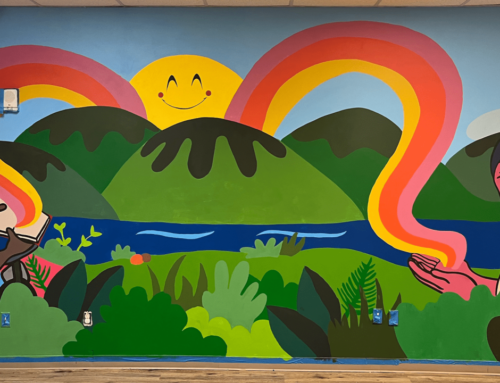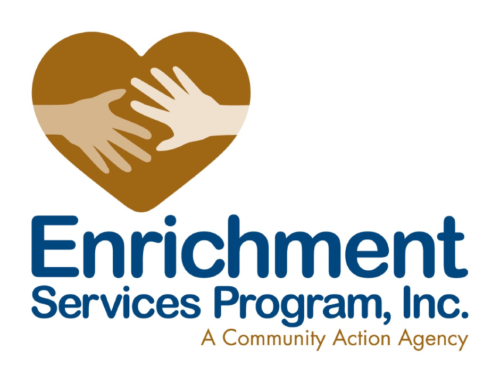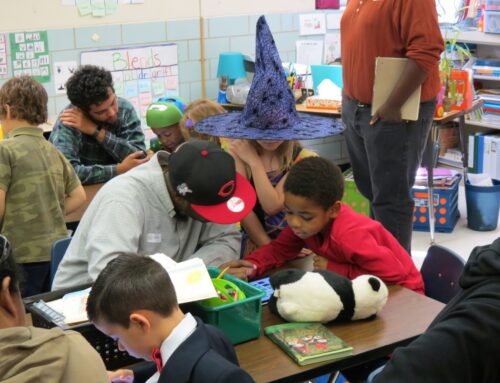The Clarkston AR Gateways Project, is a speculative process and artifact entering its second phase, where Augmented Reality (AR) will be used to amplify the diverse narratives of Clarkston, Georgia’s refugee community. Focused on anchoring their stories and presence into the town’s physical and digital landscapes, the project employs a participatory co-design approach, engaging directly with community members. This placemaking effort aims to uplift refugees by teaching them AR development skills that help them more autonomously express and elevate their voices through public art. The result is hoped to be AR experiences that not only challenge prevailing narratives but also celebrate the tapestry of cultures in the small town. This work is supported through AR’s unique affordance for users to situate their experiences as interactive narratives within public spaces. Such site-specific AR interactive stories can encourage interactions within those spaces that shift how they are conceived, perceived, and experienced. This process of refugee-driven AR creation reflexively alters the space and affirms their presence and agency. The project’s second phase aims to establish a model adaptable to diverse, refugee-inclusive communities, demonstrating how AR storytelling can be a powerful tool forcultural orientation and celebration. CCS Concepts: • Applied computing→Media arts; • Human-centered computing→Participatory design.

